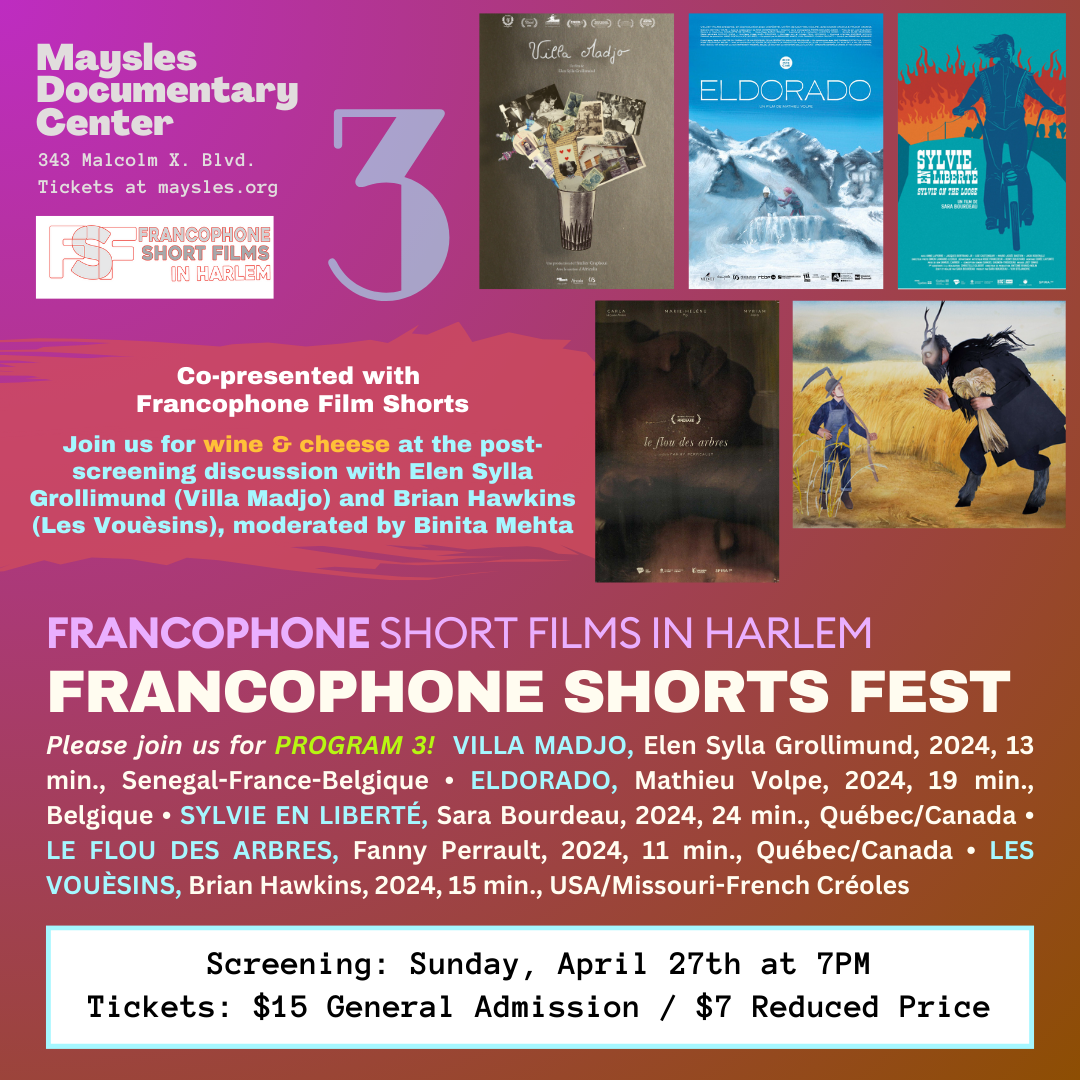IN CINEMA
The Rebel's Cinema – FRANTZ FANON ON SCREEN
BURN! (QUEIMADA)
Tickets: $15 General Admission / $7 Reduced Price
Friday, August 30th at 7PM
Co-presented with Film Comment Live
Gillo Pontecorvo, 1969, 112 min.
Dubbed by Pauline Kael a “luxuriant, ecstatic epic told from a neo-Marxist, Frantz Fanonian point of view,” Pontecorvo’s follow up to The Battle of Algiers is a sweeping 19th-century anticolonial period piece starring Marlon Brando as William Walker, an agent provocateur sent by the British government to foment a regime change on the fictional Caribbean island of Queimada. Played with acerbic gusto by Brando in one of his most undersung performances, Walker is a hired henchman of European imperialism who ends up locked in a tete-a-tete with a Black revolutionary named José Dolores (nonprofessional actor Evaristo Márquez). With its lurid, color-saturated images and rousing score by Ennio Morricone, BURN! (QUEIMADA) offers a searing vision of a slave rebellion posing an existential threat to the colonial-capitalist system.
Preceded by video excerpt of Marlon Brando’s eulogy for 17-year-old Black Panther Party member, Bobby Hutton, in 1968.
Post-screening discussion with Devika Girish, Adam Schatz, Brent Hayes Edwards, and Kazembe Balagun
BURN! (QUEIMADA) screens as part of Film Comment Live: The Rebel’s Cinema—Frantz Fanon on Screen (August 29–September 1) at Film at Lincoln Center/Francesca Beale Theater, BAM, Anthology Film Archives, and Maysles Documentary Center.
When writer, radical, and psychiatrist Frantz Fanon published Black Skin, White Masks in 1952, he inaugurated a thrilling new era of revolutionary and anti-colonial thought. As Adam Shatz writes in his book The Rebel’s Clinic: The Revolutionary Lives of Frantz Fanon, “More than any other writer, Fanon marked the moment when colonized peoples make their presence felt as men and women, rather than as ‘natives,’ subjects,’ or ‘minorities,’ seizing the Word for themselves, asserting their desire for recognition, and their claim to power, authority, and independence.”
Since his untimely death in 1961, Fanon’s life and work—which included practicing as a psychiatrist in Algeria; serving as a spokesman for the National Liberation Front in its struggle against French imperial rule; and publishing “The Wretched of the Earth,” another classic of anti-colonial literature—have invigorated generations of thinkers, writers, artists, and revolutionaries. His influence on cinema is particularly vast: filmmakers from Ousmane Sembène to Sarah Maldoror, Claude Lanzmann to Claire Denis, have drawn upon his ideas in their work.
Inspired by a Podcast conversation with Shatz and marking the publication of The Rebel’s Clinic, Film Comment will present a four-day series of screenings and talks exploring Fanon’s echoes in cinema, and the renewed relevance of his legacy in today’s world. Running August 29 to September 1, the series will take place at Film at Lincoln Center, Maysles Documentary Center, Brooklyn Academy of Music, and Anthology Film Archives, in a unique collaboration between the institutions. Each screening will be followed by a talk-back with Shatz and other special guests that will subsequently be published on the Film Comment Podcast.














